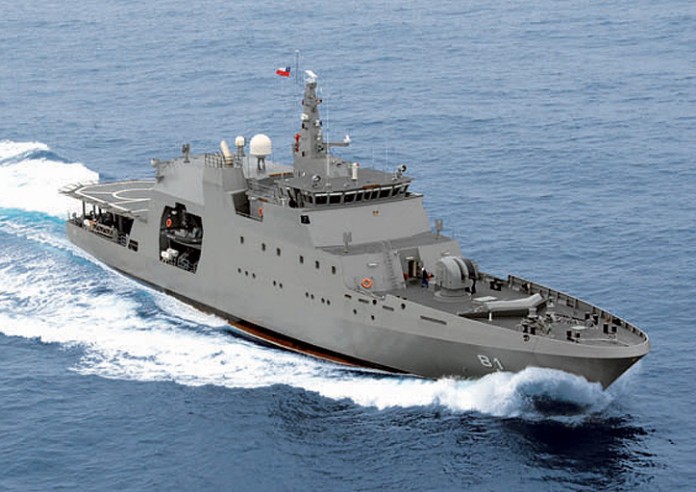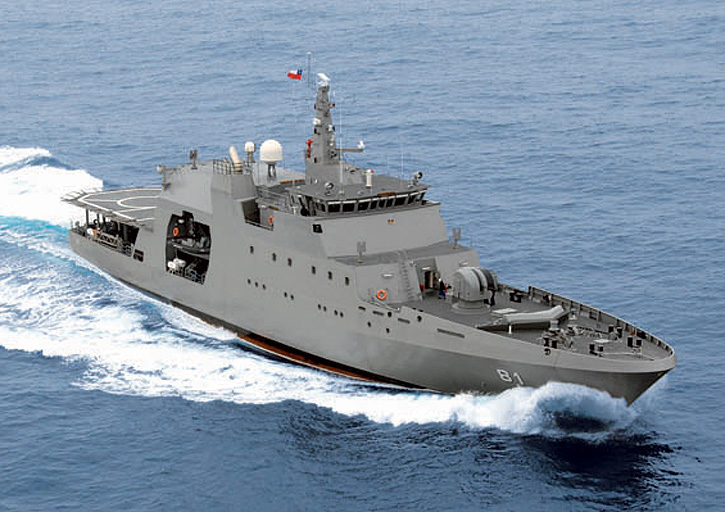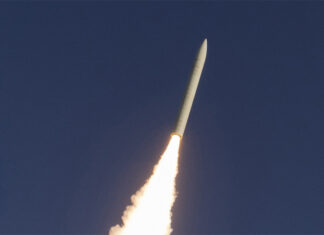

The Israel Ministry of Defense has called off an international tender for the supply of four Offshore patrol Vessels for the Israel Navy. The OPVs were intended to bolster the security of Israel’s offshore oil and gas drilling rigs that are operating in the eastern Mediterranean, within the Israel’s Economic Exclusion Zone. By stalling the tender, IMOD officials hope a new German offer to co-finance the project could be reached. Otherwise, the tender will be republished by late 2015.
IMOD has been shopping for these boats for several years, addressing the Navy’s demand for new assets needed to respond to the increased responsibility. IMOD has been trying to acquire these boats with extra-budgetary funding, such as requesting German funding of the hulls (in a similar format they supported the construction of the Dolphin submarines for the Israel Navy). The Israelis also considered the procurement of the much more costly Littoral Combat Ships (LCS) if it could be covered by the U.S. foreign military support. They even planned bundling the frigates with procurement programs discussed with South Korea. However, none of those creative ideas materialized.
After years of deliberation IMOD published an international tender for the four vessels. The tender raised considerable interest among seven shipbuilders invited to participate. Likely competitors include Dutch, French, German, Italian, Israeli, Korean and Spanish shipbuilders.

At this stage, the Germans decided to reconsider their refusal to support the project and are now offering to share some of the construction cost if the contract will be handed to a German shipyard.
The construction of the four hulls is expected to cost about US$550 million, in addition, a similar amount will be required to equip the boats with a full combat system, including radars, sensors, surface and air attack capability, command, control and communications systems. A comprehensive set of defensive means including area defense systems such as the IAI Barak 8 or other weaponry, such as the ‘C-DOME’, a variant of the combat proven ‘Iron Dome’ introduced recently by RAFAEL.



















